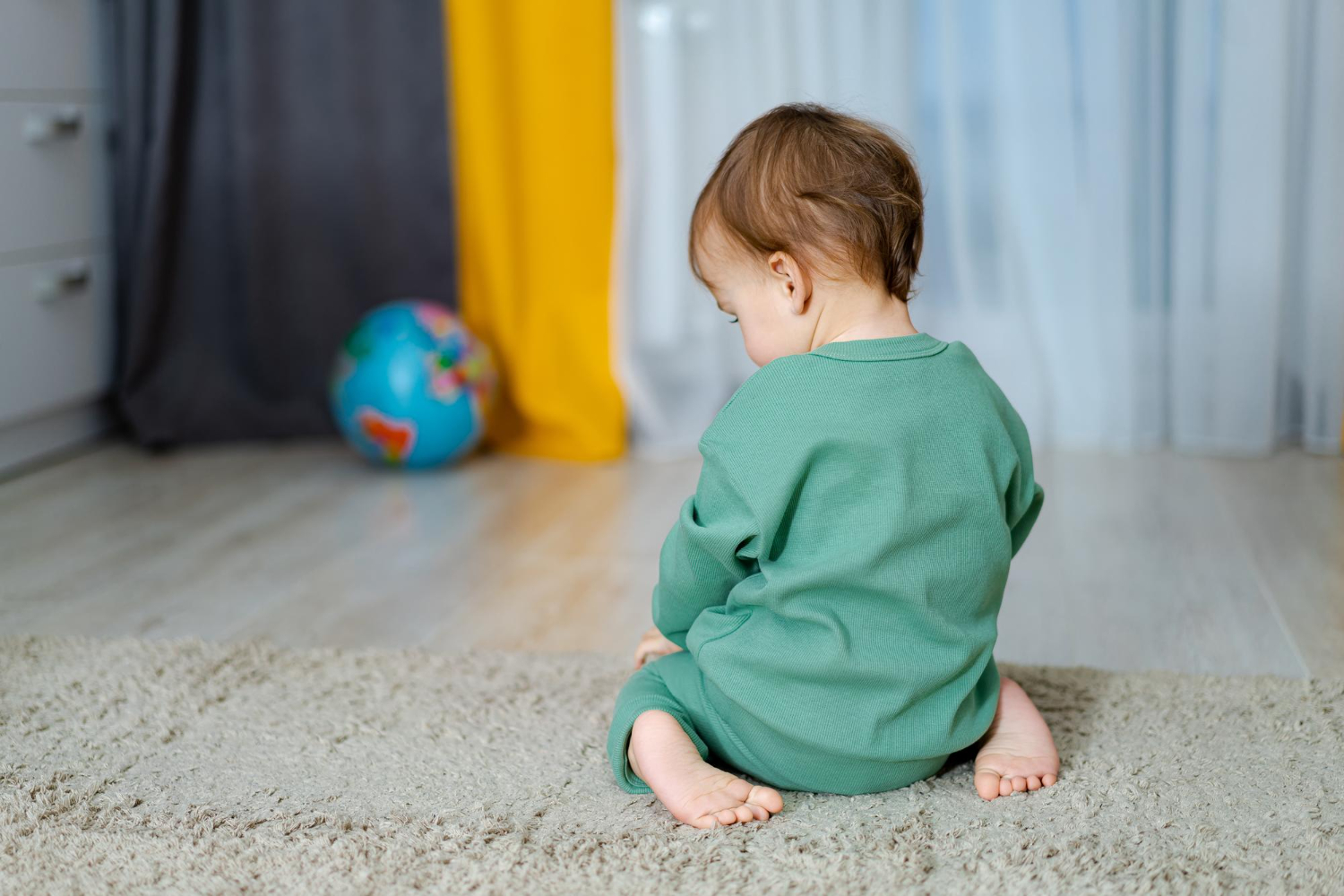Are you not sure what are the signs of social anxiety in toddlers? Come, let’s deep dive to understand how social anxiety in toddlers can affect their behavior not just short-term but long long term. Social anxiety in kids can continue to remain all their life and might transform into a trauma. As they grow, it gets difficult to unpack kids’ social anxiety.
New places, new people, and new experiences can all be harrowing for a young child who has just begun participating in the social world. Complex words, different tones and foreign strangers can all seem a bit too much, resulting in social anxiety in toddlers. When a parent drops off their child at play way or school, they have the same fear of how the toddler will deal with the social anxiety that accompanies new experiences. If you have the same doubts, read on to know more!
What is Social Anxiety in Toddlers?
Kids’ social anxiety refers to the experience of excessive fear, discomfort, or avoidance in social situations by toddlers who are typically between the ages of one and three. This anxiety can be triggered by various social problems, such as crowded places, interacting with unfamiliar people, or attending social events.
It’s necessary to understand that social anxiety in toddlers is a normal part of growing years, and many young children experience different anxiety in social situations. However, suppose the kids’ social anxiety is persistent or interfering with their ability to function daily. In that case, it may be necessary to seek professional help. Treatment for toddler social anxiety may sometimes involve therapy, behavioral interventions, or medication.
Indications of Social Anxiety in Toddlers
Social anxiety in kids can be challenging to recognize because young children may not have the language skills to express their feelings. However, here are some signs that may indicate social anxiety in kids:
- Clinginess:
- Avoiding social situations:
- Tantrums or meltdowns:
- Fear or reluctance to interact with unfamiliar people:
- Excessive shyness:
Kids’ social anxiety makes them very clingy and hesitant to leave the side of their caregiver, even in familiar social situations.
Children facing social anxiety may actively try to prevent social problems and people, such as playdates or group activities.
Social anxiety in kids may lead to overwhelming tantrums or meltdowns in social situations.
Hesitation to interact with unknown people, such as new caregivers or strangers, is a sign of social anxiety in toddlers.
While shyness is a normal part of early childhood development, extreme shyness or reluctance to engage with others may be a sign of social anxiety.
It’s important to note that these signs can also indicate other developmental issues or behavioral concerns. Hence, speaking with a healthcare provider or mental health professional is always a good idea if you’re concerned about your toddler’s behavior.
How to Handle Social Anxiety in Toddlers
Social anxiety in toddlers is not uncommon and can manifest in a variety of ways. Some toddlers may become clingy and anxious when separated from their caregivers. In contrast, others may be reluctant to engage with unfamiliar people or in new social situations. Here are a few tips that may help a toddler who is experiencing social anxiety:
- Be patient and supportive:
- Role-play social situations:
- Practice social skills at home:
- Introduce them to new social situations gradually:
- Practice deep breathing:
- Seek professional help:
- Use positive reinforcement:
- Talk to their teacher or caregiver:
- Please do not make fun of the child:
- Try not to be too protective:
- Set positive role models:
- Seek assistance from close friends:
- Make a new routine:
- Teach mindfulness:
- Increase the time spent gradually:
Toddlers need support and reassurance from their caregivers, incredibly when anxious. Make sure to provide a safe and comforting environment where they feel secure.
You can help your toddler practice social problems by role-playing with them. For example, you can pretend to be a new friend or teacher and have your toddler practice introducing themselves and making conversation.
By scheduling playdates or promoting pretend to play with dolls or stuffed animals, you may give your toddler a safe and comfortable atmosphere at home to develop social skills.
Introduce new social problems slowly and progressively so your toddler can adjust.
Encourage your young child to breathe deeply to help them feel at ease in social situations.
See a mental health expert for advice if your toddler’s anxiety is severe or interfering with their everyday life. They can provide further support and direction.
Praise your toddler for their efforts and successes in social situations, no matter how small they may seem. This will help them feel good about themselves and encourage them to continue to try new things.
Talk to your toddler’s teacher or caregiver about their social anxiety and work together to create a plan to help them feel more comfortable in social situations.
It’s acceptable to take your time and at first fail. Remember that the youngster is still developing and lacks the cognitive maturity to overcome social anxiety in a toddler rapidly. So, avoid any comparisons and comments that can demotivate the child.
You do not have to keep your young child out of all social situations if they have social anxiety. Being overly protective could make it harder for a toddler to deal with triggers, so try to avoid them. The overprotective behavior of the parents may also convey to the baby the idea that feeling anxious around people is acceptable.
You might use yourself or other admirable people, like superheroes, as examples. When a toddler is alone or in a social scenario, positive role models may aid in their ability to cope mentally.
Bring in the people your child trusts and who make them comfortable. Teachers, grandparents, and other community members might be on it. The toddler can receive consistent encouragement wherever others are involved.
A toddler can experience social anxiety when anticipating a social situation. A defined schedule for the day’s activities could lessen this effect. The toddler can psychologically prepare for the routine because it makes things predictable.
The toddler frequently imagines shame, which may not occur. Teaching mindfulness, a mentality in which a person lives in the now and concentrates on reality, is one of the finest strategies to deal with it.
Give the youngster a few more minutes to interact with the trigger every day. Increase the time each day by one minute, for instance, if the child spends 30 minutes with their neighborhood buddies each day. The toddler would eventually get more comfortable in a social context and is less likely to detect time increments.
Conclusion
Social anxiety in toddlers is a common issue caused by various factors, including genetics, temperament, and early experiences. While it might be challenging to understand the signs of social anxiety in toddlers it is essential to know how you can identify kids’ social anxiety. With patience, support, and the right interventions, you can manage social anxiety in toddlers. To overcome social anxiety in kids they need to build strong social skills that will serve them well.
At Eurokids, we ensure a safe, fun and healthy atmosphere for your kid where they learn to overcome their social anxiety in a safe setting through multiple ways.
Click here to know more or to visit a Eurokids centre for preschool admission for your child.


















